A Colorado judge on Friday slapped an injunction on a town’s effort to stop a church from operating a homeless shelter on its property.
The Church of the Rock is taking on the Town of Castle Rock over zoning regulations that prohibit it from feeding and clothing homeless individuals on the premises.
The church sued the town over the regulation in a recent lawsuit filed in the United States District Court for the District of Colorado. The case highlights a conflict between the local government’s regulations and the religious freedoms protected by the Constitution.
The church’s On-Site Temporary Shelter Ministry exists to provide housing to homeless individuals and families who have fallen on hard times. The operation uses an RV and camping trailer parked on the church premises and partners with the Red Cross during emergencies. The city contends that zoning regulations prohibit the use of the property for such purposes and is attempting to stop the church from continuing to house and feed homeless individuals.
However, Judge Daniel D. Domenico on Friday issued a ruling granting a preliminary injunction against the enforcement of the law. The church will be allowed to continue operating its shelter ministry with certain limitations as the court adjudicates the case.
In his decision, Domenico wrote, “The Church has shown it is entitled to an injunction with respect to its operation of the On-Site Temporary Shelter Ministry” and emphasized that the Religious Land Use and Institutionalized Persons Act (RLUIPA) prohibits a municipality from “enforcing a 'land use regulation in a manner that imposes a substantial burden on the religious exercise of . . . a religious assembly or institution.'”
The judge pointed out that the church’s “religious beliefs don’t just obligate it to provide for the needy in some general way; they obligate it to provide for the needy on Church property.”
This is one of several cases of churches battling with local authorities over zoning issues related to housing and feeding homeless people.
The problems arose when an older homeless man became ill, and they had to call emergency services to help. “The fire marshal came in and took pictures saying, ‘you don’t have a proper sprinkler system and such.’”
Colbert explained that the building was 100 years old, which is why it did not have a sprinkler system. The marshal told him he would not be allowed to keep homeless people in there, even after the pastor noted that “it’s freezing outside, and these people are going to freeze to death.”
Nevertheless, Pastor Colbert was forced to shut down his operations and, tragically, at least one homeless man froze to death on the streets. In fact, he said, about 10 people died from opioid overdoses within the span of a week. After this, Colbert organized a march to protest against the city’s treatment of homeless citizens, a move the city did not appreciate. The local government ran Colbert’s ministry out of one of its other locations, forcing them to procure another building.
While Domenico is allowing the church to continue its operations, he declined to grant the injunction related to the church’s partnership with the Red Cross.
This case, as with others, could be important for religious freedom. In several cities, local restrictions have prohibited churches from carrying out the work prescribed in the Bible. The issue was particularly prevalent during the COVID-19 pandemic when several religious institutions flouted restrictions related to the coronavirus. But even outside of the COVID issue, there have been clashes between local authorities and churches seeking to help the poor and downtrodden. Perhaps the outcome of this case could be a victory for other religious institutions as well.
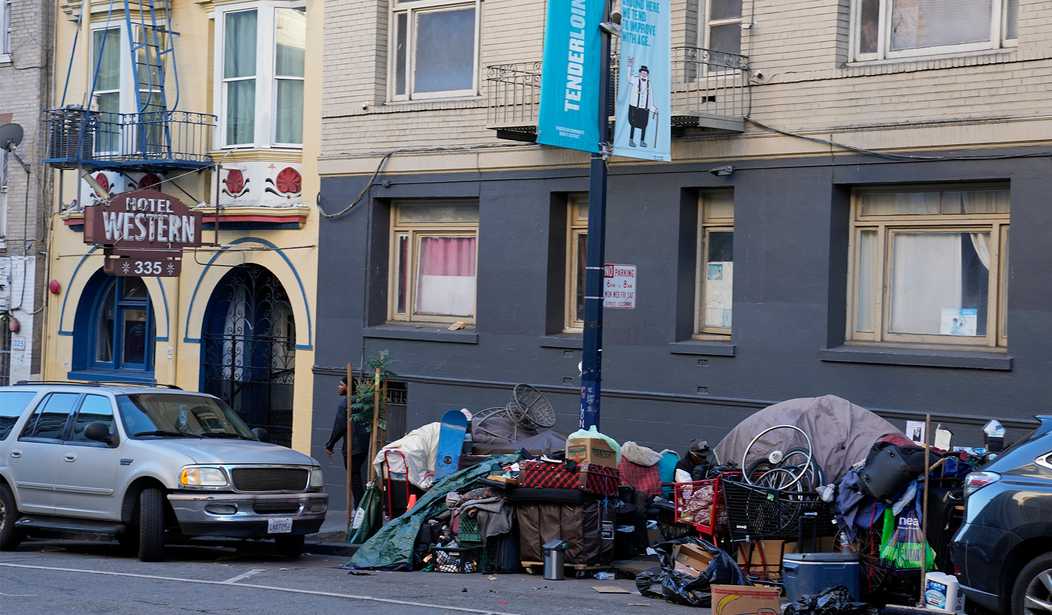




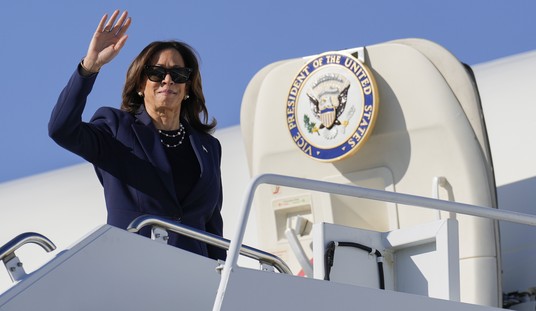
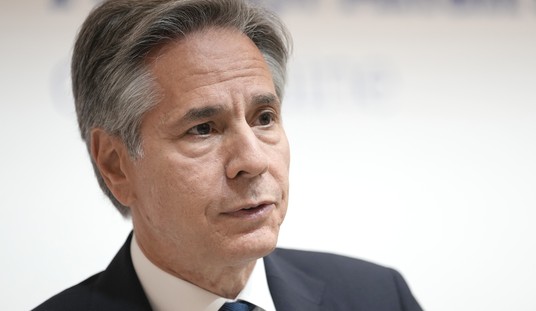
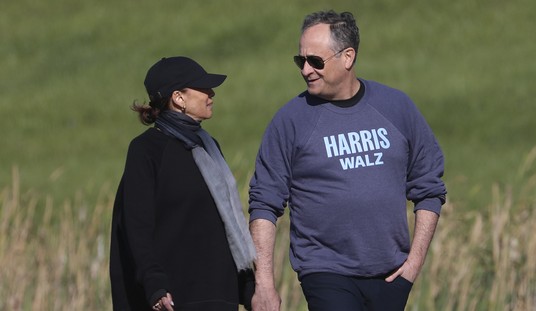
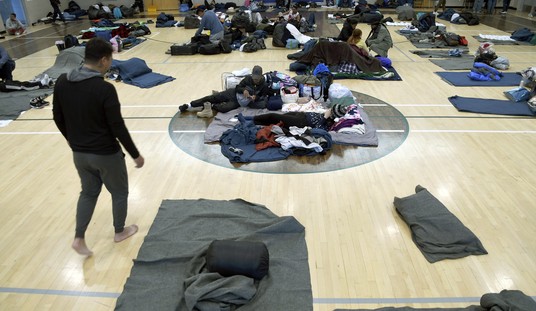
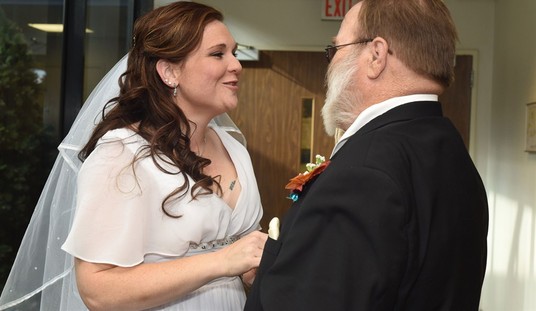
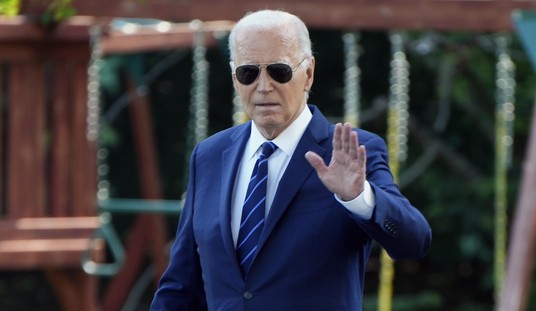
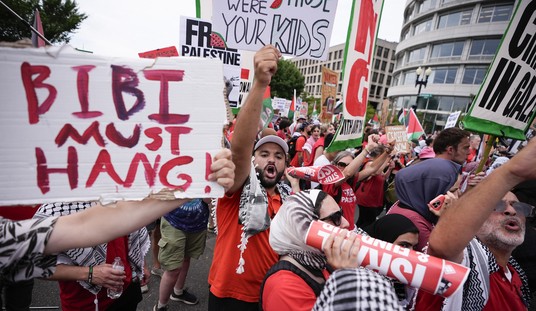
Join the conversation as a VIP Member